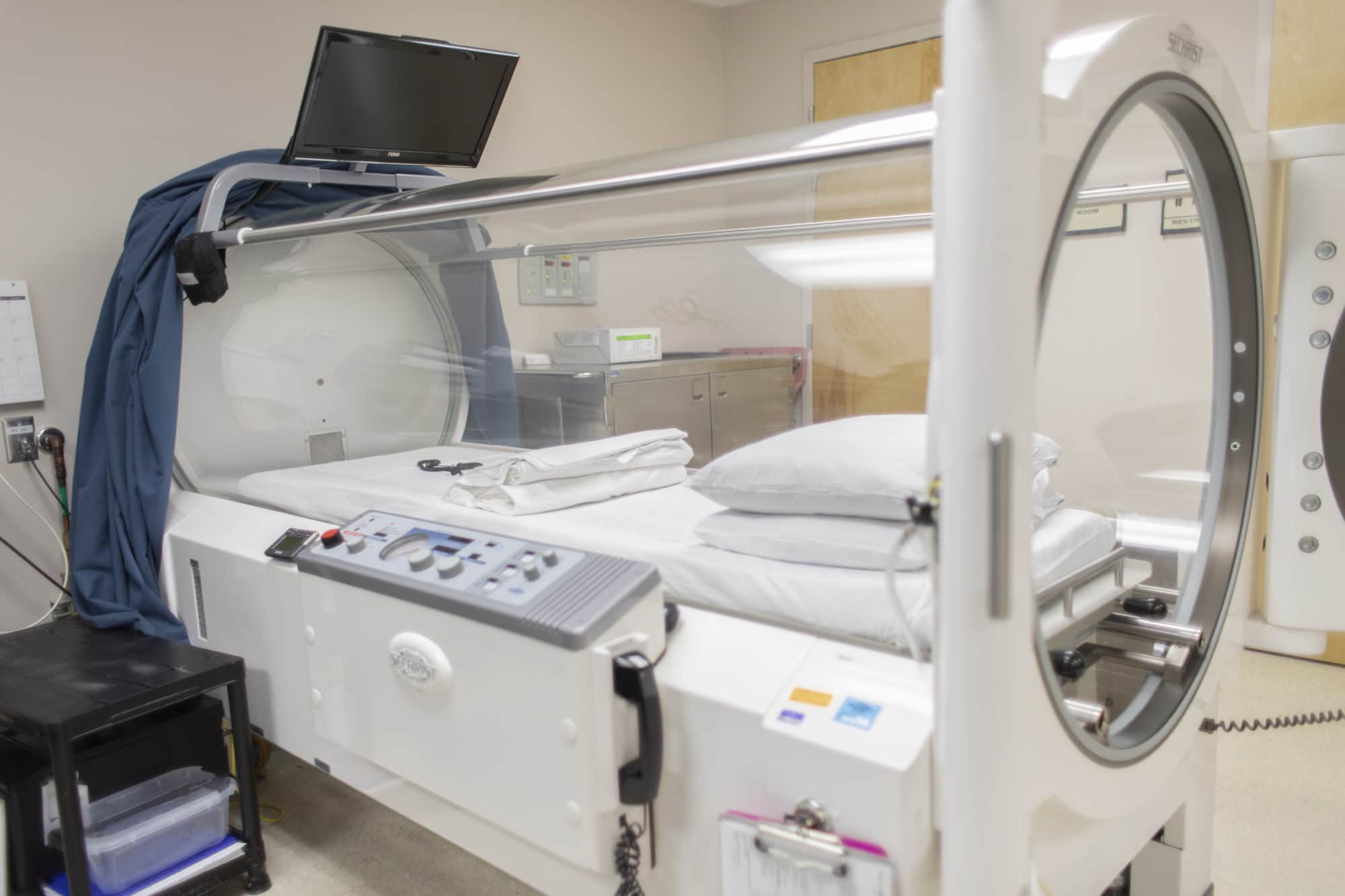Introduction
Premature birth can result in a range of health challenges for newborns, including underdeveloped lungs and respiratory difficulties. Oxygen therapy is a vital component of neonatal care for premature infants, providing essential respiratory support and ensuring optimal oxygenation for their fragile systems.
Respiratory Distress Syndrome (RDS)
Premature infants often suffer from respiratory distress syndrome (RDS), a condition caused by insufficient surfactant production in underdeveloped lungs. RDS leads to breathing difficulties and low oxygen levels in the blood. Oxygen therapy is used to deliver the necessary oxygen levels to support the infant’s respiratory function until their lungs mature and produce adequate surfactant.
Administration of Oxygen Therapy
Oxygen therapy for premature infants is administered through various methods, including nasal cannulas, nasal continuous positive airway pressure (NCPAP), and mechanical ventilation. Nasal cannulas provide low-flow oxygen to support breathing, while NCPAP delivers a continuous stream of oxygen to keep the airways open. Mechanical ventilation is employed in severe cases where the infant’s breathing is critically compromised.
Optimal Oxygen Saturation Levels
Maintaining appropriate oxygen saturation levels is crucial for premature infants. Oxygen saturation is measured using pulse oximetry, and healthcare providers adjust oxygen delivery based on the infant’s needs. Balancing oxygen supply to avoid hypoxemia (low oxygen levels) while preventing hyperoxia (excessive oxygen levels) is essential to ensure proper growth and development.
Avoiding Oxygen Toxicity
While oxygen therapy is essential, excessive oxygen exposure can lead to oxygen toxicity, causing lung damage and other complications. Healthcare professionals closely monitor oxygen levels and adjust therapy to strike the right balance. This requires careful observation and continuous assessment of the infant’s condition.
Long-Term Developmental Considerations
Oxygen therapy in premature infants extends beyond the immediate neonatal period. The potential impact of oxygen therapy on long-term developmental outcomes is an ongoing area of research and concern. Studies are conducted to determine the optimal oxygen levels and duration of therapy that support both immediate health and long-term neurodevelopmental outcomes.
Transition to Room Air
As premature infants mature and their lungs develop, they often transition from oxygen therapy to room air. This transition requires careful monitoring and assessment to ensure the infant can maintain appropriate oxygen levels independently. Gradual weaning from oxygen therapy helps avoid sudden changes that may stress the infant’s respiratory system.
Family-Centered Care
Oxygen therapy for premature infants involves not only medical interventions but also emotional and psychological support for families. Healthcare providers work collaboratively with parents to educate them about the therapy, its benefits, and potential risks. Engaging families in the care process helps create a nurturing environment for the infant’s growth and development.
Conclusion
Oxygen therapy is a critical aspect of neonatal care for premature infants, especially those experiencing respiratory distress. By providing the essential oxygen support required for proper lung function and oxygenation, this therapy plays a crucial role in ensuring the well-being of premature infants and supporting their journey toward healthy growth and development.

